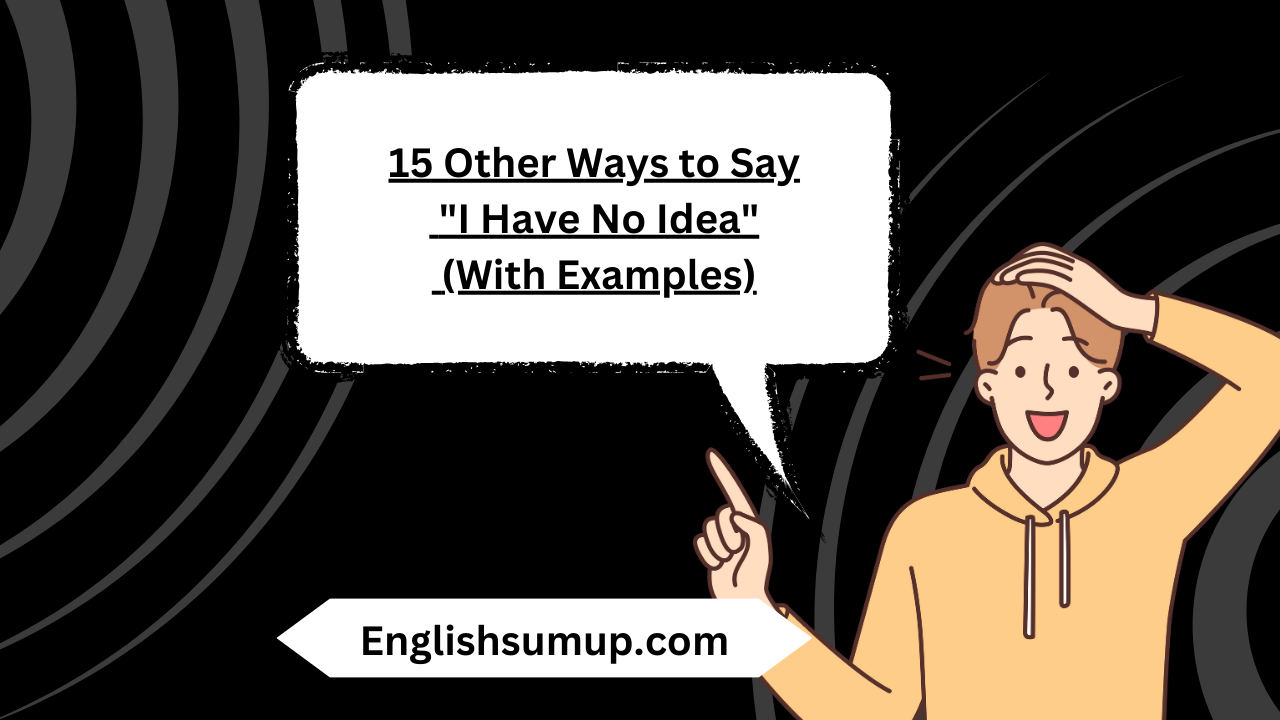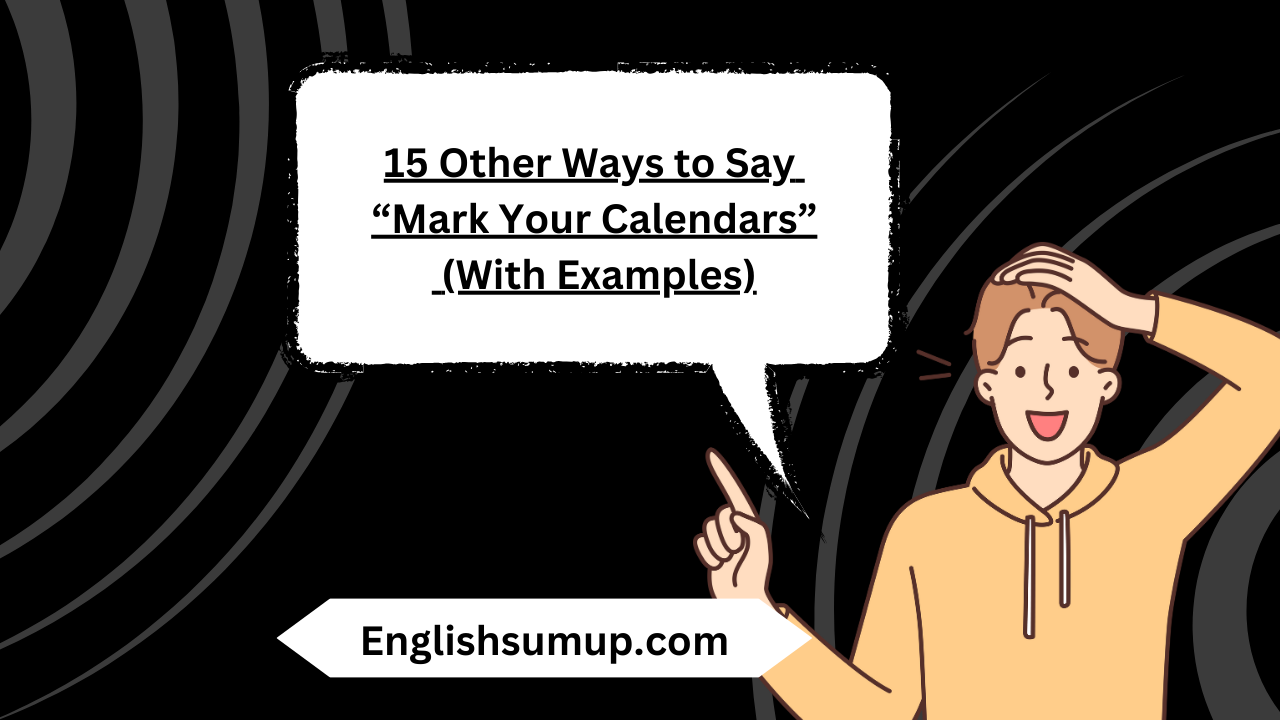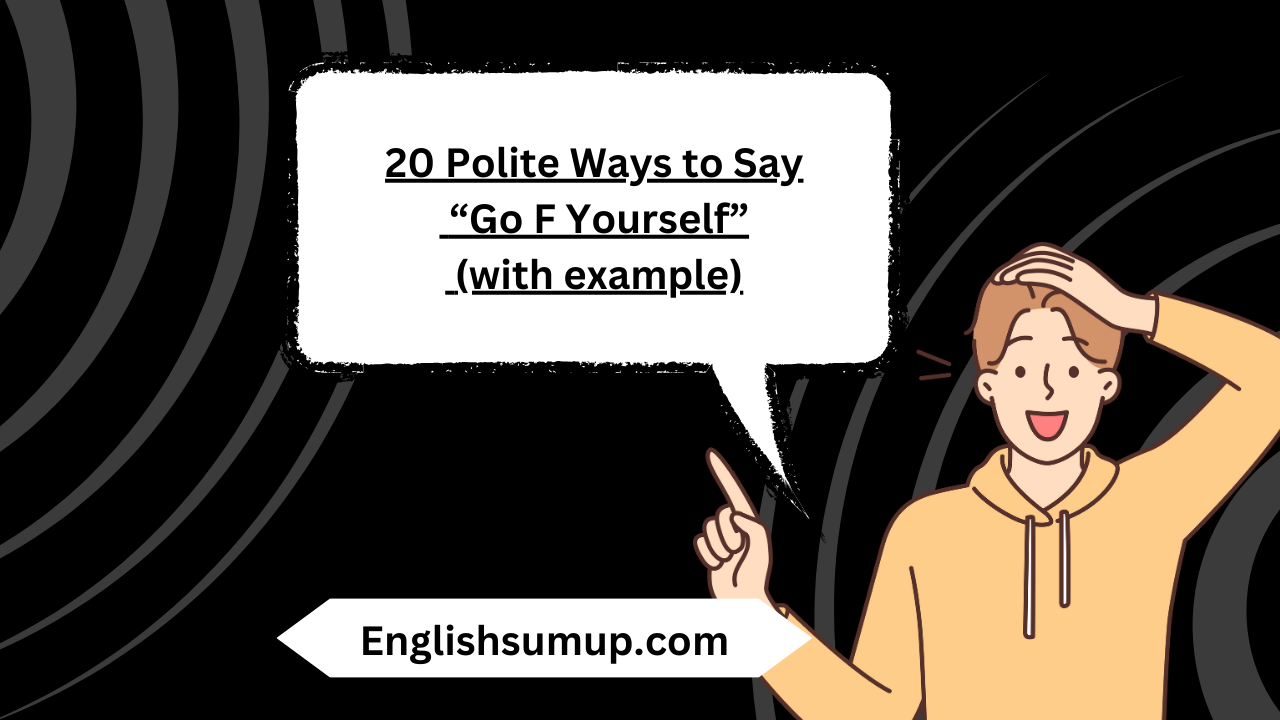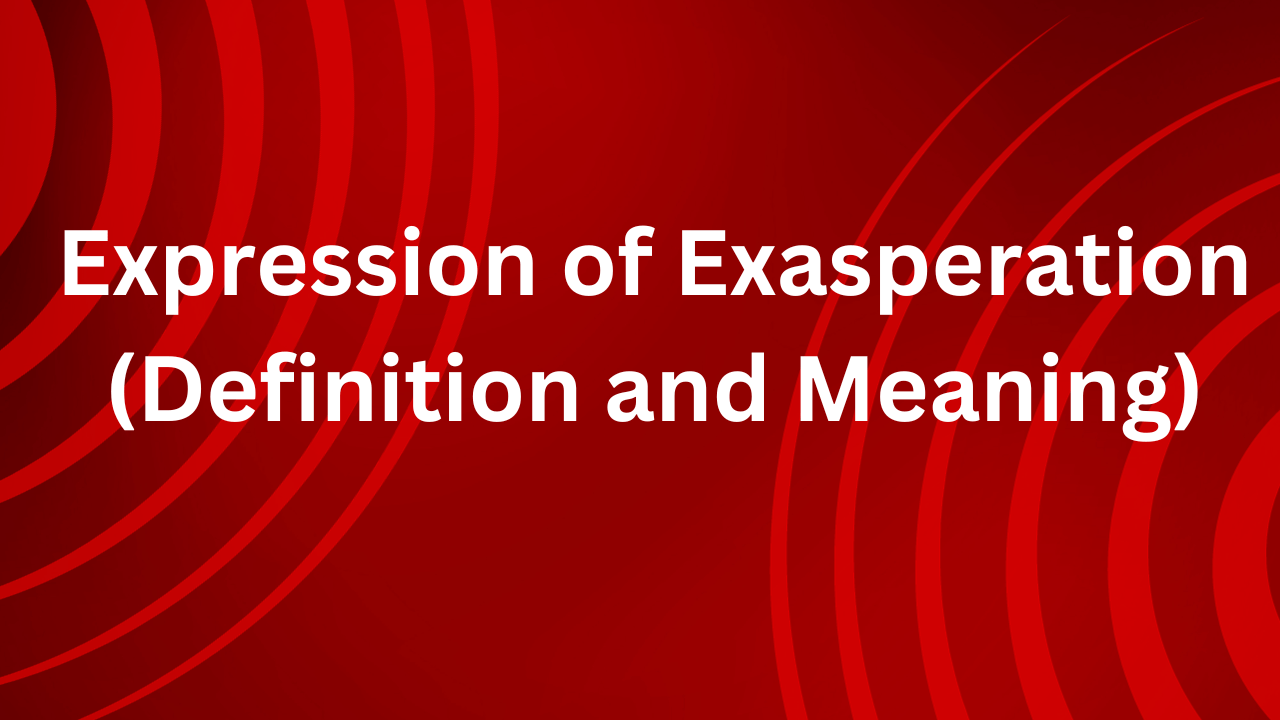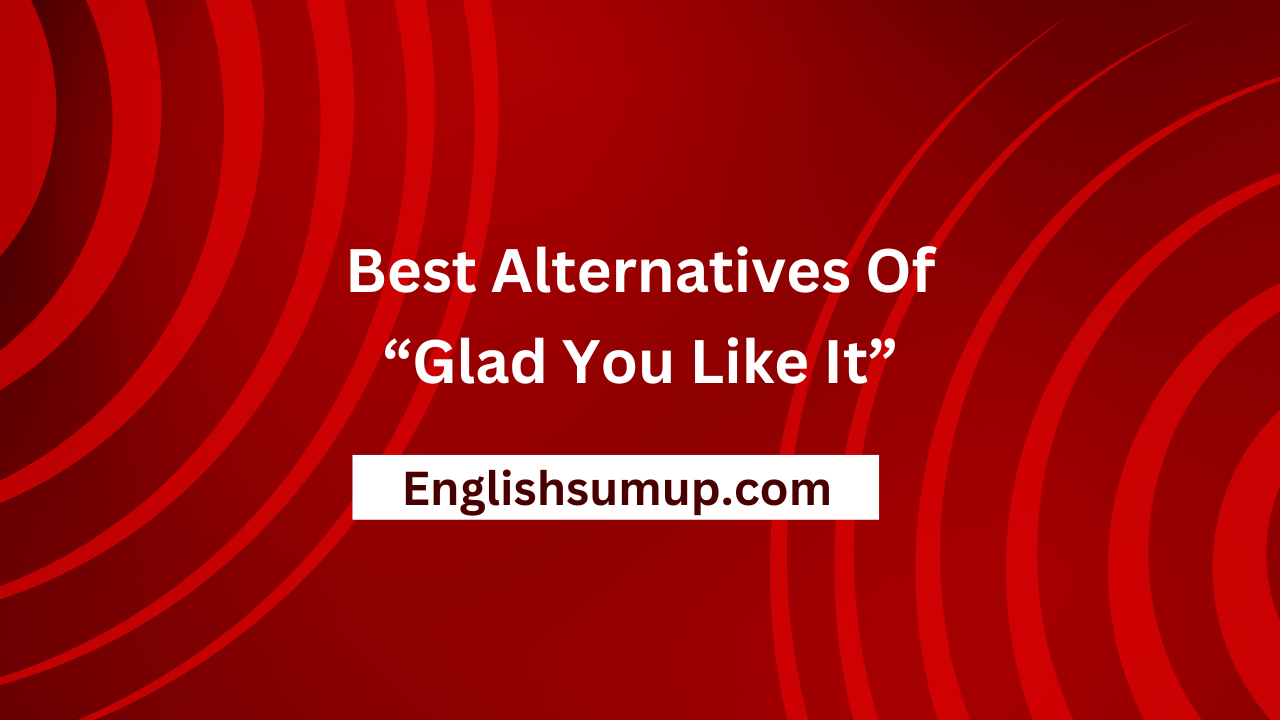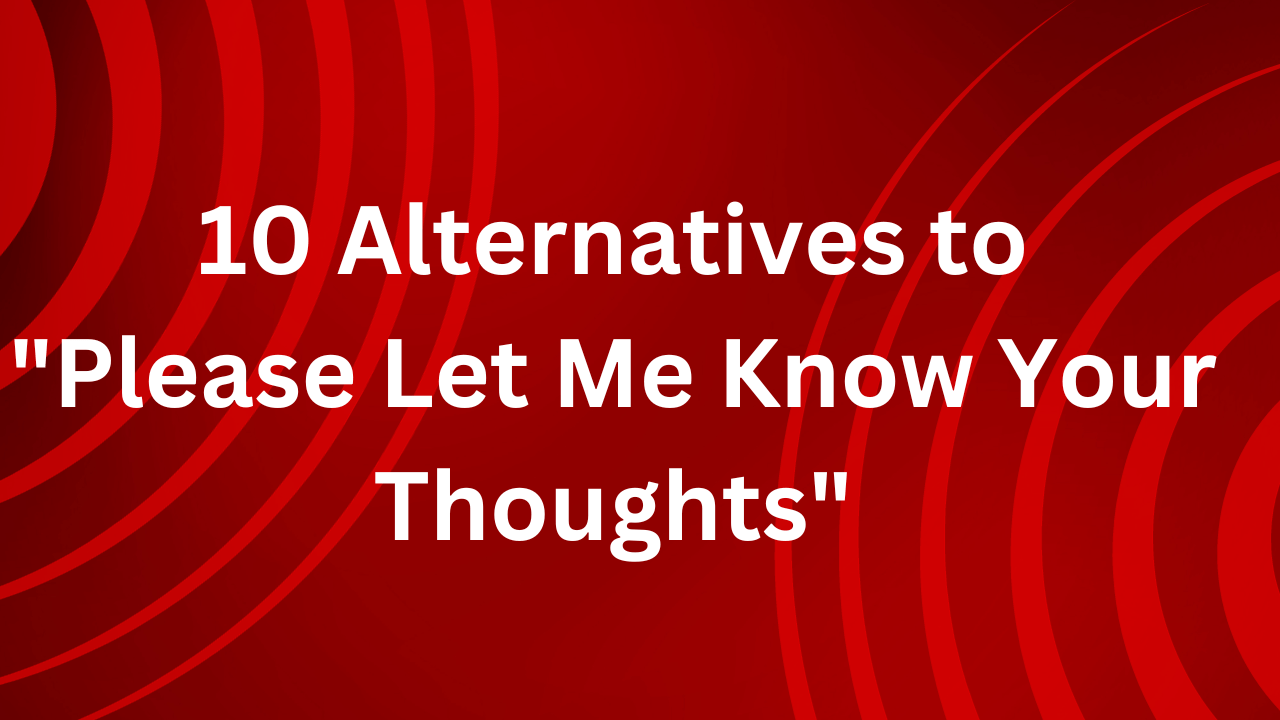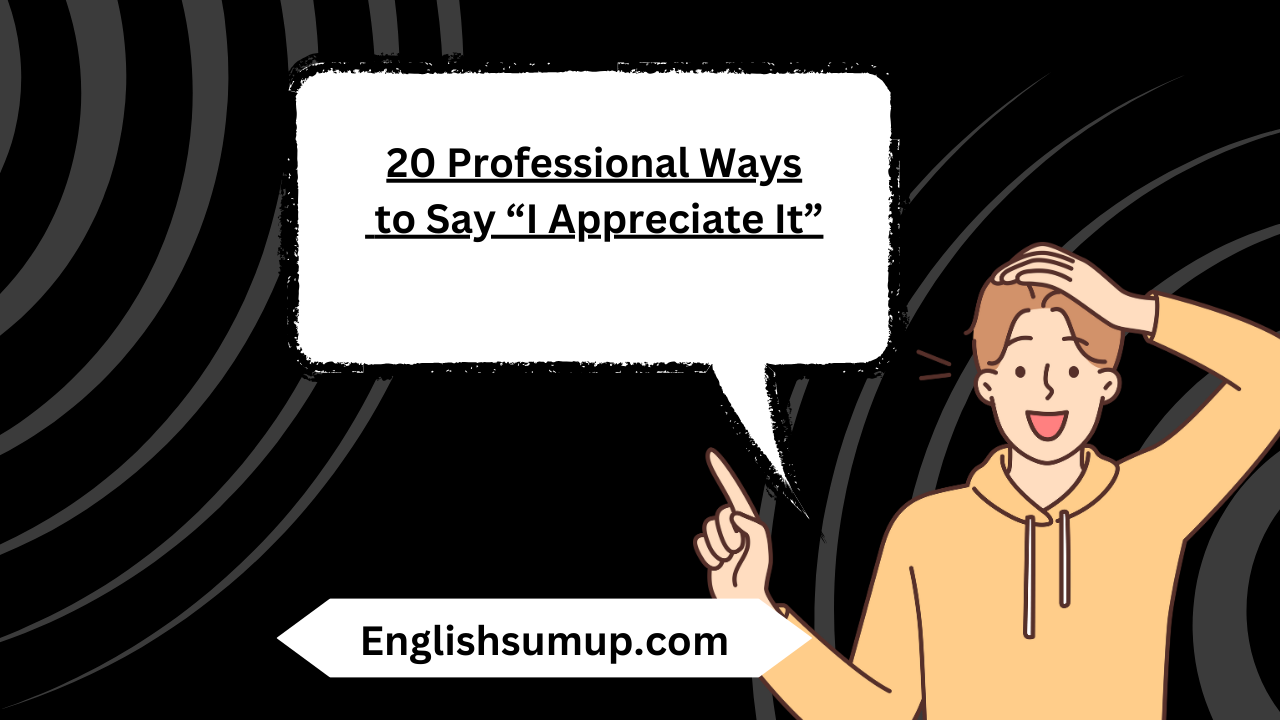While “I have no idea” is perfectly understandable, it can sometimes feel blunt or repetitive. Having a variety of ways to express your lack of knowledge can make your communication more nuanced and interesting. Here are 15 alternatives to consider, along with explanations and examples:
Why Use Alternatives?
Formality: Some options are more formal than others, making them suitable for different situations.
Emphasis: Certain phrases can add emphasis to your lack of knowledge, while others can downplay it.
Engagement: Using a more creative way to say “I don’t know” can keep the conversation flowing and even add a touch of humor.
You may love this one: 15 Other Ways to Say “I’m Not Feeling Well” (With Examples)
Here Are Other Ways to Say “I Have No Idea”
- I’m not sure.
- That’s a good question.
- Your guess is as good as mine.
- It beats me.
- I’m drawing a blank.
- I haven’t a clue/I’m clueless.
- I’m not the best person to ask.
- That’s beyond me.
- I’d have to look into that.
- Let me get back to you on that.
- Search me! (Use cautiously)
- Cry me a river! (Avoid unless joking with close friends)
- Beats me hollow!
- In the dark here.
- Not a clue!
I’m not sure. (Neutral and polite, works in most situations)
This is a polite way to say you don’t know the answer at the moment. It shows you are being honest without sounding negative. It’s a good way to keep the conversation open, meaning you might find out the answer later and share it.
Hi John,
Thank you for your question about the project timeline. I’m not sure about the exact dates right now. I’ll check with the team and get back to you soon.
Best regards,
Devon
That’s a good question. (Acknowledges the validity of the question and subtly suggests you don’t have the answer)
This phrase acknowledges that the question is important and well-thought-out. It means you don’t have the answer yet, but it was a great question to ask. It also makes the person feel appreciated for asking a smart question.
Hi John,
That’s a good question about our new software’s compatibility with older systems. I’ll need to gather more information to give you an accurate response. I’ll follow up shortly.
Best,
Devon
Your guess is as good as mine. (Informal, suggests both of you are unsure)
This is an informal way of saying you have no more information than the person asking the question. It shows that you are both in the same situation, trying to figure out the answer.
Hi John,
Your guess is as good as mine when it comes to the upcoming market trends. It’s something many of us are trying to figure out. Let’s keep each other updated if we find any insights.
Cheers,
Devon
It beats me. (Informal, implies you’re truly baffled)
This is a casual way to say you have no idea about the answer. It’s often used in friendly or informal settings. It suggests that the question is puzzling or difficult to answer.
Hi John,
It beats me how the new policy will impact our workflow. I’ll ask around and see if anyone has more information. I’ll let you know what I find out.
Kind regards,
Devon
I’m drawing a blank. (Informal, implies you’re trying to recall information but can’t)
This means you can’t think of the answer right now. It suggests that you might normally know it, but at the moment, you just can’t remember. It’s like your mind has gone blank temporarily.
Hi John,
I’m drawing a blank on the specifics of the client’s last request. I’ll review my notes and get back to you with the details as soon as possible.
Regards,
Devon
I haven’t a clue/I’m clueless. (Informal, similar to “I have no idea” but slightly less strong)
This is a casual way to express a complete lack of knowledge. It’s a step less blunt than “I have no idea” and can be used with friends or family.
Hi John,
I haven’t a clue about the technical requirements for the new project. I’ll consult with our IT department and update you accordingly.
Best,
Devon
I’m not the best person to ask. (Politely deflects the question if you know someone who might know)
This phrase means that you think someone else would be more knowledgeable or better suited to answer the question. It’s a polite way to redirect the person to someone who can help more effectively.
Hi John,
I’m not the best person to ask about the financial details. Please reach out to [Colleague’s Name] in the finance department for more accurate information.
Best regards,
Devon
That’s beyond me. (Formal, suggests the topic is outside your expertise)
This phrase means the question or topic is outside your area of knowledge or expertise. It suggests that the subject is too complex or unfamiliar for you to answer.
Hi John,
That’s beyond me, unfortunately. I recommend contacting our technical support team, as they are more familiar with these issues.
Sincerely,
Devon
I’d have to look into that. (Professional, suggests you’re willing to research the answer)
This phrase means you need to investigate or research the matter further before you can provide an answer. It shows that you are willing to find out the information but need some time to do so.
Hi John,
I’d have to look into that to give you an accurate answer. I’ll review the documentation and get back to you with the necessary information soon.
Best,
Devon
Let me get back to you on that. (Professional, allows you time to find the answer)
This phrase is a polite way to say you need more time to find the answer and that you will follow up later. It shows that you are taking the question seriously and will return with a response.
Hi John,
Let me get back to you on that. I need to consult with the team to ensure I provide the most accurate information. I’ll reach out to you as soon as I have an update.
Best regards,
Devon
Search me! (Very informal, use cautiously)
This is an informal and somewhat playful way to admit that you do not know something. It’s best used in casual settings, as it can come across as too casual in professional environments.
Hi John,
Search me! I’m not sure why the system is acting up. I’ll check with IT and see if they can figure it out. I’ll let you know what they say.
Best,
Devon
Cry me a river! (Informal and sarcastic, avoid unless joking with close friends)
This is a sarcastic phrase that should only be used with close friends and in situations where everyone is comfortable with playful teasing. It does not genuinely express a lack of knowledge and is more about dismissing a question or complaint in a humorous way.
Avoid using “Cry me a river!” in any situation where you want to be taken seriously.
Hi John,
I understand your frustration with the current situation. Let’s work together to find a solution. I appreciate your patience.
Best regards,
Devon
Beats me hollow! (Informal, similar to “It beats me” but more emphatic)
This is a more emphatic version of “It beats me.” It highlights your complete lack of understanding and can be a fun way to express your bafflement in informal settings.
Hi John,
Beats me hollow how the recent update affected our system. I’ll consult with the support team and update you as soon as I have more information.
Best,
Devon
In the dark here. (Informal, implies complete lack of knowledge)
This informal phrase suggests you have no information or understanding about the topic. It’s a simple way to express your cluelessness in a casual conversation.
Hi John,
I’m in the dark here about the recent changes in the policy. I’ll find out more and get back to you shortly.
Best,
Devon
Not a clue! (Informal, similar to “I haven’t a clue”)
This is a casual way to express that you have no idea about something. It’s similar to “I haven’t a clue” but slightly less formal.
Hi John,
Not a clue about the new software update’s features. I’ll review the release notes and update you with any relevant information.
Best regards,
Devon
Conclusion:
In conclusion, expanding your vocabulary beyond “I have no idea” allows you to express a lack of knowledge with more nuance and flair. Whether you need to be polite in a professional setting or share a laugh with friends, there’s a way to say “I don’t know” that perfectly suits the situation. By incorporating these alternatives into your communication toolbox, you can ensure your message is always clear, engaging, and appropriate. So, the next time you find yourself stumped, don’t be afraid to get creative and try a new way to say “I have no idea”! You might be surprised at how much more interesting and effective your communication becomes.




